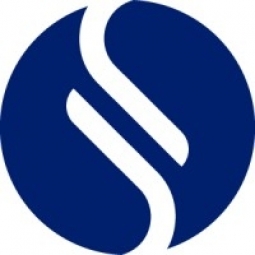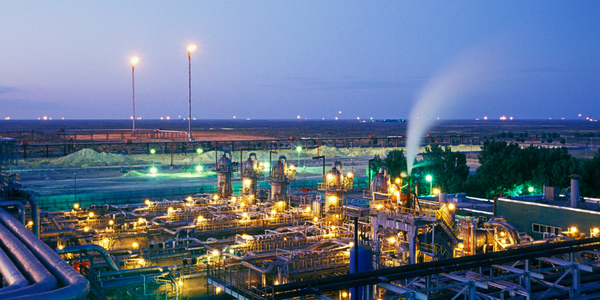公司规模
Large Corporate
地区
- America
国家
- United States
产品
- Sphera’s Operational Risk Management
- ConocoPhillips’ ePTW system
技术栈
- Cloud Technology
- Data Analytics
- Industrial Internet of Things (IIoT)
实施规模
- Enterprise-wide Deployment
影响指标
- Cost Savings
- Productivity Improvements
技术
- 基础设施即服务 (IaaS) - 云计算
- 分析与建模 - 数据即服务
适用行业
- 石油和天然气
适用功能
- 离散制造
- 维护
用例
- 预测性维护
- 资产健康管理 (AHM)
服务
- 云规划/设计/实施服务
- 数据科学服务
关于客户
ConocoPhillips is a major player in the oil and gas industry with a global presence. The company has been in operation for over 20 years, with Mark Hutcherson serving as the director of operations excellence for the past 15 years. Hutcherson has held various roles relating to engineering projects and operations and has worked across several assets globally. Over the past three years, the company has been undergoing a transformation in relation to the Digital Age and how it impacts their operations. ConocoPhillips is focused on continuously evolving and transforming to keep up with the rapid advancements in technology and the changing landscape of the oil and gas industry.
挑战
ConocoPhillips, a major player in the oil and gas industry, was facing operational inefficiencies, long wait times for frontline work teams, unplanned downtime and potential process safety losses. The company was also grappling with the challenges of the Digital Age and how it could be leveraged to transform their operations. The oil price downturn five years ago forced the industry to make major adjustments and consider how emerging technologies like data analytics, robotics, automation, Industrial Internet of Things (IIoT) and cloud technology could be used to improve efficiency and reduce costs. The company also had to deal with the challenges posed by the COVID-19 pandemic and a global supply glut.
解决方案
ConocoPhillips adopted a cloud-first strategy and partnered with Sphera to implement their Operational Risk Management Control of Work project. The company saw the potential efficiencies of cloud technology and challenged any proposal for solutions to not be cloud-based. They aimed to use the technology to standardize their work processes and reduce inefficient workflows, custom maps and business rules. The company also involved frontline workers in the project, selecting trusted individuals with expert experience directly from the business who could share the investment with their established relationships in their organizations. These individuals, who had intimate knowledge of work processes and understood how those processes impacted the business, acted as translators to the project and implementation teams and supported their colleagues in the workforce.
运营影响

Case Study missing?
Start adding your own!
Register with your work email and create a new case study profile for your business.
相关案例.

Case Study
Taking Oil and Gas Exploration to the Next Level
DownUnder GeoSolutions (DUG) wanted to increase computing performance by 5 to 10 times to improve seismic processing. The solution must build on current architecture software investments without sacrificing existing software and scale computing without scaling IT infrastructure costs.

Case Study
Remote Wellhead Monitoring
Each wellhead was equipped with various sensors and meters that needed to be monitored and controlled from a central HMI, often miles away from the assets in the field. Redundant solar and wind generators were installed at each wellhead to support the electrical needs of the pumpstations, temperature meters, cameras, and cellular modules. In addition to asset management and remote control capabilities, data logging for remote surveillance and alarm notifications was a key demand from the customer. Terra Ferma’s solution needed to be power efficient, reliable, and capable of supporting high-bandwidth data-feeds. They needed a multi-link cellular connection to a central server that sustained reliable and redundant monitoring and control of flow meters, temperature sensors, power supply, and event-logging; including video and image files. This open-standard network needed to interface with the existing SCADA and proprietary network management software.

Case Study
Refinery Saves Over $700,000 with Smart Wireless
One of the largest petroleum refineries in the world is equipped to refine various types of crude oil and manufacture various grades of fuel from motor gasoline to Aviation Turbine Fuel. Due to wear and tear, eight hydrogen valves in each refinery were leaking, and each cost $1800 per ton of hydrogen vented. The plant also had leakage on nearly 30 flare control hydrocarbon valves. The refinery wanted a continuous, online monitoring system that could catch leaks early, minimize hydrogen and hydrocarbon production losses, and improve safety for maintenance.










